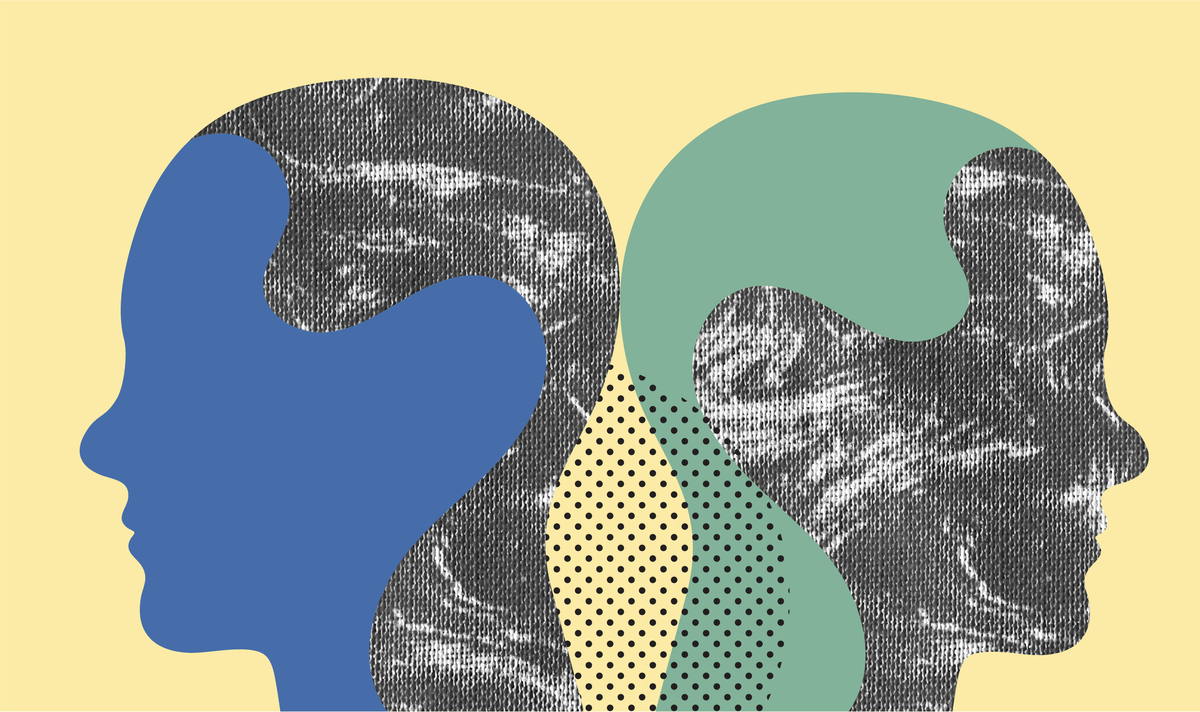Online conversation about social anxiety receives millions of views
Plus, posts shared the misleading claim that antidepressants worsen mental health conditions and discussed the mental health impacts of TikTok.

Plus, posts shared the misleading claim that antidepressants worsen mental health conditions and discussed the mental health impacts of TikTok.
This past week, a post about social anxiety received millions of views, and some commenters said that they avoid gatherings due to anxiety. Other posts were misleading in their criticism of antidepressants for worsening mental health, and several articles discussed “social media addiction” in the wake of the unenforced TikTok ban in the U.S.
In response, communicators may share information about social anxiety treatment, explain how medication can help people with mental health conditions, and share tools for managing the potential negative mental health impacts of excessive social media use.

Insights brought to you by the reporters and science writers of Public Good News (PGN), a nonprofit newsroom dedicated to improving community health.
What’s trending nationally in conversations about mental health
On January 17, an X user shared a post that read, “I can’t believe I have to say this, but please don’t bring your socially anxious friend out to a gathering just to ignore them or leave them alone with a group of people they don’t know well.” The post received approximately 8.3 million views, 317,000 likes, 44,000 reposts, and 460 comments as of January 23. One comment, which received nearly 6,000 likes, read, “True friends don’t just invite you, they make sure you’re seen and heard.” Many comments mentioned avoiding gatherings due to social anxiety.
On January 18, another X user shared a post baselessly blaming psychiatric medication—particularly antidepressants—for poor mental health and violent behavior, including the 1999 Columbine school shooting. The post received approximately 523,000 views, 18,000 likes, 5,900 reposts, and 1,000 comments as of January 23. Many comments agreed with the author’s claim, with most expressing unfounded concerns that antidepressants worsen mental health in children and teens.
On January 17, the U.S. Supreme Court backed a federal law banning the social media app TikTok. However, the ban is not currently enforced, so users who previously downloaded the app can still use it. Several articles and posts highlighted the mental health impacts of using TikTok, as well as the potential impacts of a TikTok ban, if it is later enforced. Many discussed “social media addiction,” which isn’t a formal medical diagnosis. However, some researchers use the term to describe the impact of social media on the brain. In a New York Times article, some experts stated that people may experience anxiety or irritability if they lose access to TikTok, and others noted that a ban could provide an opportunity for TikTok users to reexamine their social media habits. Some recent posts about TikTok claimed that the app should be banned because it “causes mental illness.”

Recommendations brought to you by the health communication experts behind Infodemiology.com.
Recommendations for public health professionals
Each week, the Infodemiology.com team will provide messaging recommendations in response to some of the trending narratives outlined above. These helpful tips can be used when creating content, updating web and FAQ pages, and developing strategy for messaging about mental health.
In response to conversations about social anxiety, communicators may explain that social anxiety disorder is a relatively common mental health condition. It causes people to become anxious or fearful when meeting new people, dating, making phone calls, eating in front of others, or engaging in other social experiences. This may cause some people to avoid social situations, which can negatively impact their education, career, and relationships. Social anxiety is typically treated with cognitive behavioral therapy. Some people benefit from medication like antidepressants in addition to therapy. Sharing therapist directories where people can search for providers who specialize in social anxiety, as well as support groups and local mental health centers, is recommended. Communicators may also want to share tips for supporting loved ones who experience social anxiety.
In light of concerns about antidepressants, communicators may explain that these medications have been shown to reduce symptoms of depression and some other mental health conditions and are most effective in people experiencing moderate or severe depression. The FDA approves antidepressants for use in children and teens, depending on age. Some antidepressants carry an FDA warning about a risk of increased suicidal thinking and behavior in some people under the age of 25. This warning was issued in 2004 after an FDA analysis of clinical trials showed that some children and teens taking antidepressants experienced a slight increase in suicidal thoughts. However, none of the children or teens in these studies died by suicide. Some mental health experts believe that this warning is unnecessary, as newer research suggests that the benefits of antidepressants may outweigh potential risks in young people. Plus, untreated depression remains a major risk factor for suicide. Messaging may emphasize that anyone taking antidepressants should do so under the guidance of a health care provider and that antidepressants may work best in combination with therapy. Including the 988 Suicide & Crisis Lifeline in any messaging about suicide is recommended.
Conversations about social media’s impact on mental health provide an opportunity to explain that excessive social media use is associated with anxiety, depression, insomnia, and stress. Communicators may want to share tips for developing healthier social media habits and explain how parents and caregivers can help their children navigate social media in safer ways.
